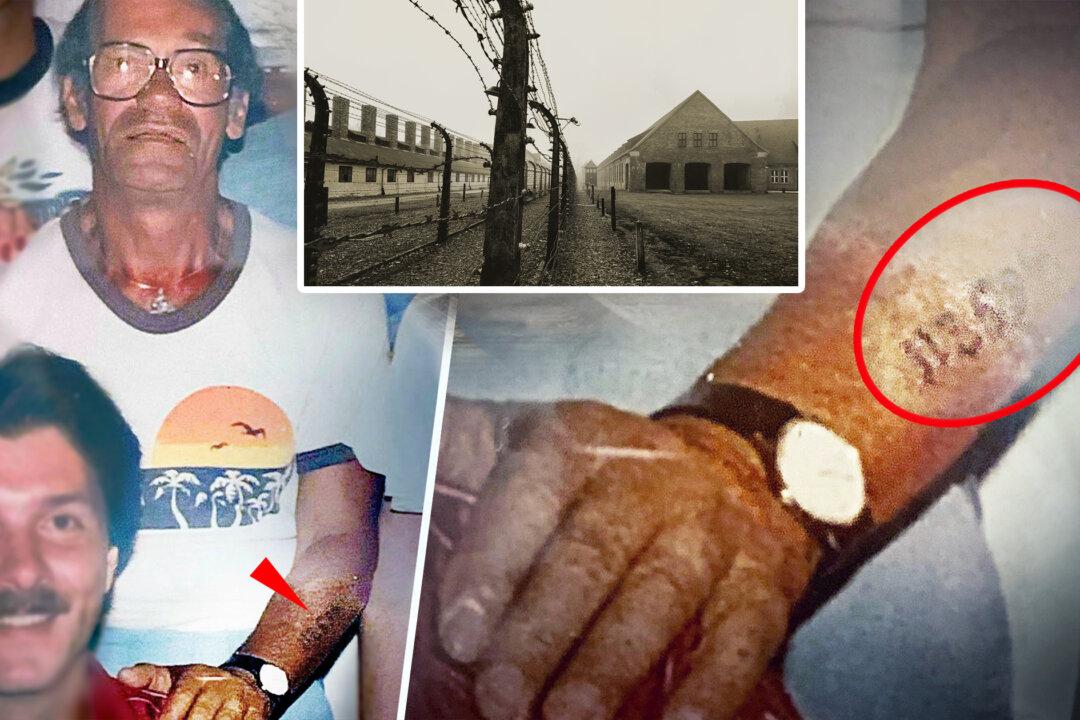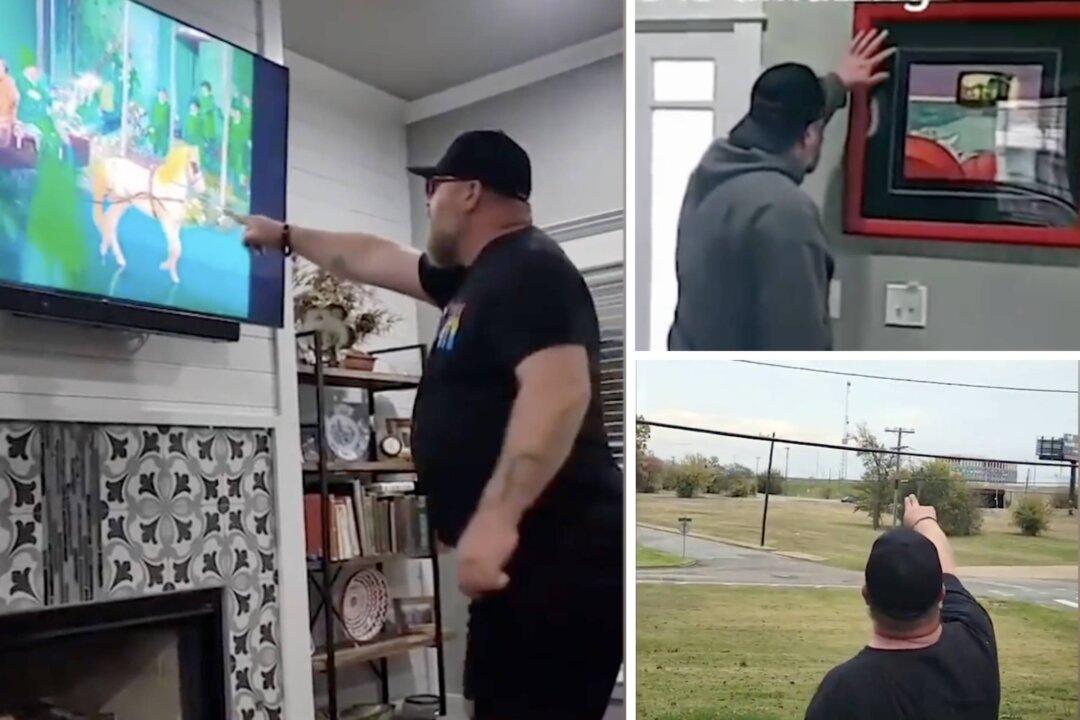Joseph Sedacca’s own children could tell that their father wasn’t a normal man. Emotionally, they could see that there was something wrong with him.
A Sephardic Jew born in Turkey in 1916, Joseph came to America after the second world war. He always seemed suspicious of others, as if threatened; he spoke very loudly and yelled often when his kids were young; his nieces and nephews, as children, were afraid of him.






